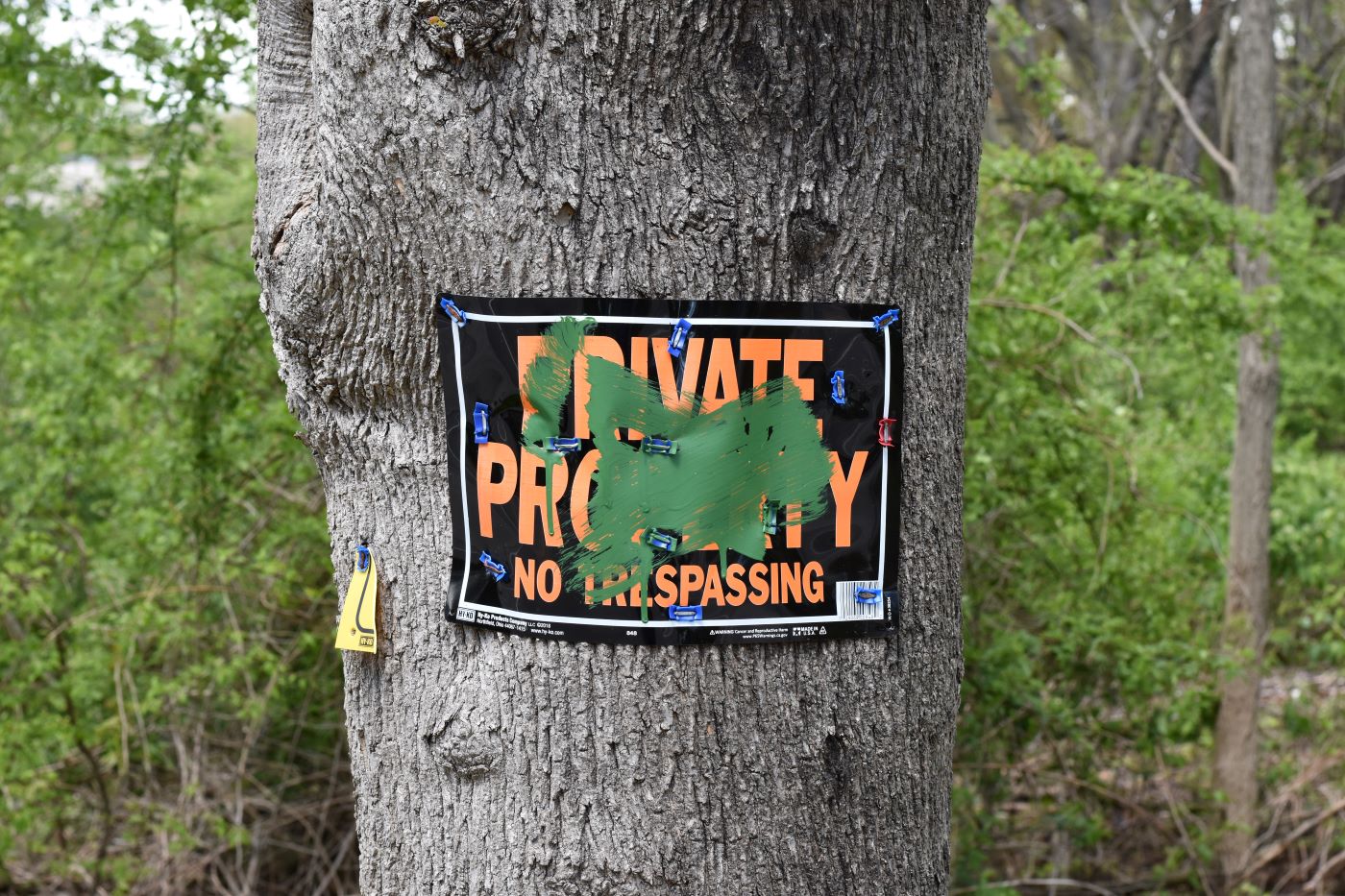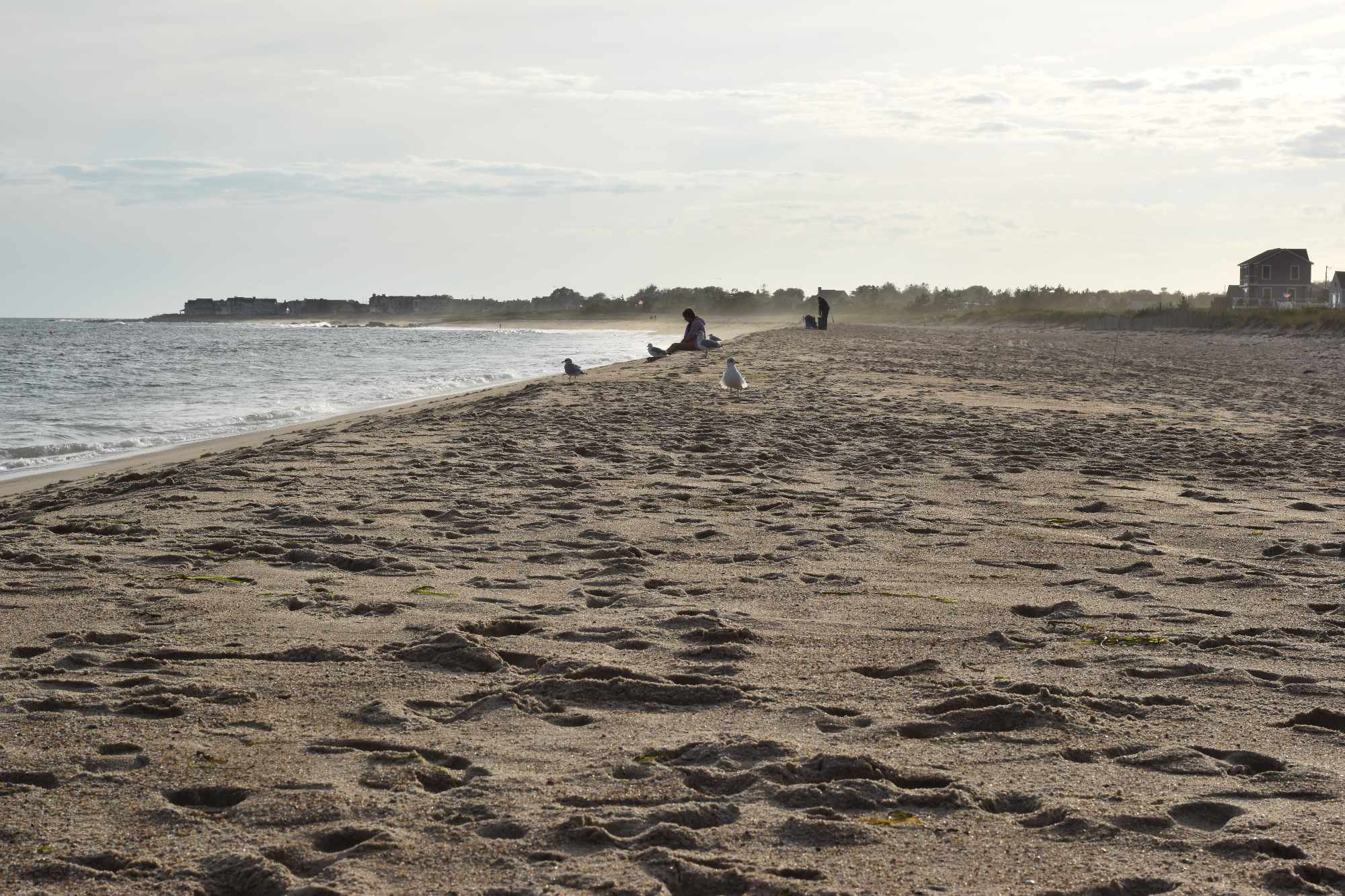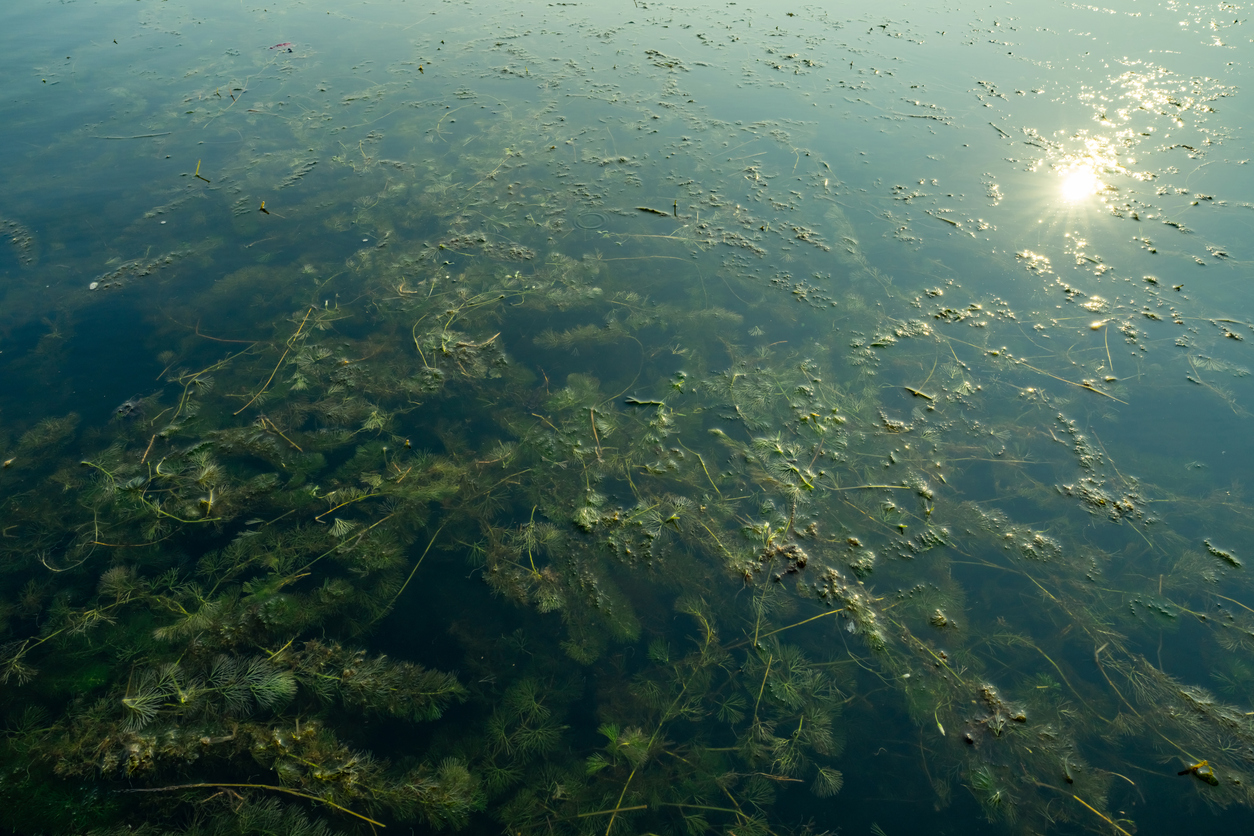New Initiative Designs Stress Relief Help for Fishers, Farmers, and Foresters
R.I. program targets high-stress industries with 'significant occupational hazards'
November 22, 2023
Workers in Rhode Island’s farming, fisheries, and forestry industries struggle with a number of stressors: the impacts of climate change; workforce issues; business and financial concerns; restrictive regulations, and more.
Until recently, there were few ways workers in these industries — which have long working hours, often in isolation — could access support, whether financial, emotional, or physical. A new initiative, Land & Sea Together, is working to change that.
“Farmers and fishermen are among the professions most likely to commit suicide each year, and many more folks suffer silently as they tend their crops, equipment, and vessels,” according to the organization’s website. Land & Sea aims to “reduce stress and build mental and financial resilience in the fisheries, forestry and farming communities” by building a collaborative network of support services.
The USDA-funded program, operated through the Rhode Island Department of Environmental Management and implemented by the Warwick-based Center for Collaboration and Mediation RI, was started in June 2022 with an initial $500,000 USDA grant, spurred by the recognition that workers and stakeholders in the state’s farming, forestry, and fishing industries are experiencing stress at high levels with little recourse.
“Agriculture, fisheries, and logging are high-stress, high-risk industries with significant occupational hazards,” said Laurel Witri, former director of the Land & Sea Together program. “The work is physically and mentally demanding. … We felt that we could make a difference in bringing together a network to support these communities who tend our land and feed our families.”
Difficult jobs
To better understand the communities it wanted to help, Land & Sea put together a comprehensive needs assessment, released last December. For the 90-page report, L&ST studied existing data on the FFF industries in Rhode Island; surveyed individuals working in the industries about stressors; and convened a focus group of workers/owners in the industries.
The resulting report made it clear how difficult it is to be a farmer, fisherman, or forestry worker in Rhode Island.
Across the three industries, the main causes of stress were similar: financial management concerns; small-business operations; impacts of climate change; the inability to control the weather; labor shortages; succession planning; lack of access to resources; transportation barriers; housing challenges; longer working hours and increased workloads at peak times; and compliance with government regulations, according to the report.
“Among all industries participants noted the pressure that comes with maintaining appropriate government regulations and completing required paperwork and documentation. With reportedly little guidance and requirements impacted by ongoing and continuous change, this is a moving target,” the report says.
Farmers, who often work where they live, said the lack of separation between work and home can blur the lines of family life, which often results in conflicts. And from spring to fall — the growing season — local farmers are under high amounts of stress, the report says, which can be exacerbated by the weather.
Those in the fishing industry said heavy workloads, time pressure, lack of support due to isolated working conditions, and climate change were their main stressors. Employers in the fishing, aquaculture, and shellfishing industries reported difficulty hiring reliable workers, some of which they attributed to the lack of public transportation, especially in southern Rhode Island, and the difficulty of keeping employees during the winter.
The forestry/agriculture sector also struggles with hiring, according to the report, which found that Rhode Island farms only have about 25% of the staff they need to adequately run their business.
A lack of mental health resources and a reluctance to seek help were identified as an issue across the FFF industries. Some employers, the report said, were unaware of available mental health resources they could offer their employees. Others said the nature of some of the jobs — lack of flexibility in the work schedule, uncompensated time off, and lack of insurance — prevented workers from seeking help.
Those working in the fisheries industry, the report found, are especially reluctant to seek help.
“Most people in sea industries view themselves as a cross between Vikings and pirates, and they do not view themselves as people who need help,” according to the report. “They are very tough people who think they are made of stone.”
Employers interviewed for the report said they did not think their employees would seek help, and said they especially watch out for signs of concern in their younger employees.
The report suggested industry leaders should lead by example, but also noted “many industry leaders appear to be stressed out and do not seem to do anything constructive to manage that stress.”
Business and finance are also areas in which those working in the FFF industries need help, according to the report. The cost of doing business in each industry has risen, while prices for food, agriculture products, lumber, and firewood have either stayed the same or decreased, according to the report.
“Even though everyone is complaining about how expensive food costs are now, the prices do not cover the actual production costs. Product production costs are higher on small farms and the general population is largely unwilling to pay the higher prices,” according to the report.
How it works
Land & Sea offers a 24-hour help line and up to 12 free counseling sessions with Coastline EAP, a Rhode Island-based employee assistance program, for FFF workers and their families.
Since the launch of the program in June 2022, Witri said, “60 farming, fisheries, and forestry workers have called for assistance, receiving 286 hours of support with free outpatient services, financial counseling.”
She quoted one farmer who utilized the EAP: “I was really impressed … I’d been looking for a therapist for months and couldn’t find a provider who would call me back, or take my heath insurance. Now I have a therapist who can continue to see me.”
In addition to the help line and EAP support, FFF workers can receive micro-grants for such things as child care, legal fees, tax services, and wellness services like massage therapy and gym memberships, Witri said. More than 150 such grants have been given out so far, she added.
A particular area of concern for farmers, including shellfish farmers, is succession planning — who will take over the farm for the next generation. Land & Sea offers farm succession and transition planning support.
“We have helped shellfish businesses transfer between generations,” Witri said.
The organization also helps mediate disputes between farmers and their neighbors. A recent webinar by Land & Sea and the Center for Collaboration and Mediation RI offered tips to help resolve conflict in the aquaculture industry, which often hears complaints from neighbors who don’t like seeing the equipment marring their view of the water or resent having to share their recreation area with shellfishermen.
Julia Bancroft, who recently replaced Witri as director of Land & Sea, had a ready checklist to offer aquaculture farmers on how to avoid conflict in the proposal stages: “Be prepared … have plans, map, make proposal details available. Pictures are helpful. Practice what you’re going to say. Don’t use abrasive language. Be open and approachable. Educate and be specific: type of gear, what will be visible, operation times, seasonal changes. Offer a farm tour.”
She added, “Land & Sea Together can step in as a third party if tempers rise.”
Land & Sea also connects FFF workers with nonprofit organizations such as the Carrot Project, which offers financial planning and bookkeeping workshops for agriculture businesses, and Farm Commons, which offers legal resources for farmers.
Since 2021, when the USDA Farm and Ranch Stress Assistance Network announced $500,000 in funding per state, 48 out of 50 states have established programs. Because the Center for Collaboration and Mediation RI is the USDA’s certified agriculture mediation program, it made sense that it should lead the initiative, Witri said.
Rhode Island’s program is unique in that it includes fisheries and aquaculture, she said.
Witri said future federal funding is uncertain, as it is linked to the passage of the 2023 farm bill.
“Given that time and uncertainty, we are looking for additional funding,” she said. “Given the sensitive nature of mental health, most of what we do is build relationships that require trust. It is critical that we continue to consistently fund and evaluate the facets to our programming that give farmers, fishers, and foresters access to mental health services and other resources addressing root causes of stress.”
The free, confidential help line with Coastline EAP is 1-800-445-1195, and support is available in English, Spanish, Portuguese, and Cape Verde Creole. The National Suicide and Crisis Hotline is 988, available by call or text.



